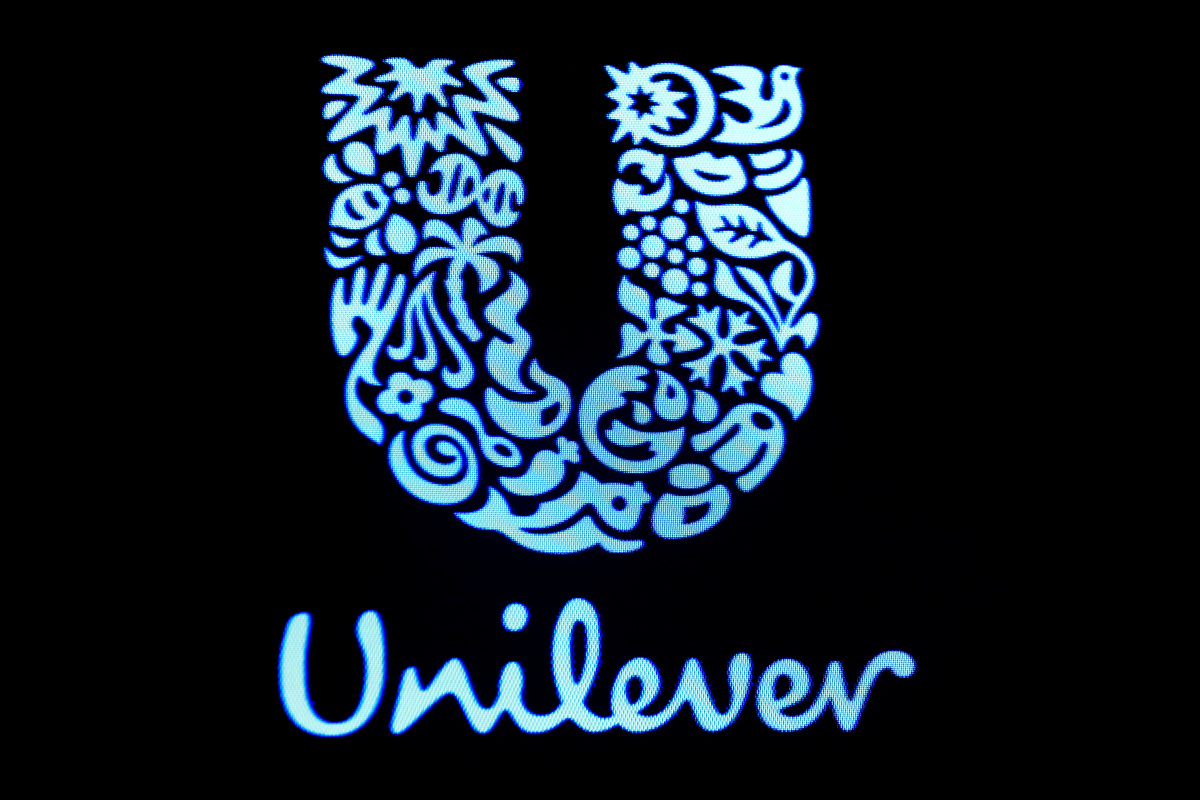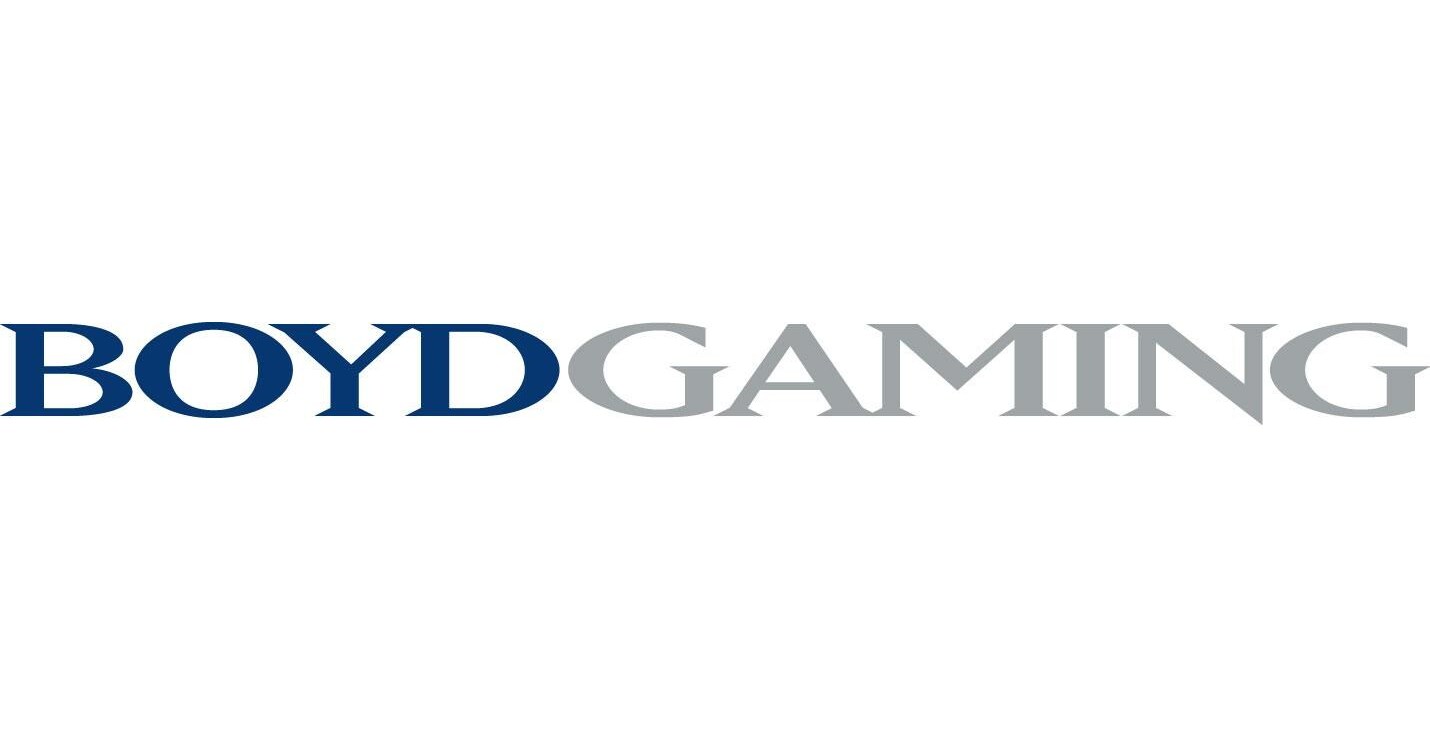Unilever, the multinational consumer goods company behind well-known brands like Dove soap and Hellmann’s mayonnaise, is under investigation by the Competition and Markets Authority (CMA) over allegations that it may be exaggerating the environmental friendliness of some of its products.
This comes at a time when consumers are increasingly conscious of the environmental impact of their purchases, and the CMA is cracking down on companies suspected of engaging in “corporate greenwashing”. The investigation raises questions about the transparency of Unilever’s environmental claims and the potential impact on consumers who seek to make more sustainable choices.
The CMA’s primary concern is that Unilever may be misleading consumers with vague and broad statements regarding the environmental attributes of certain products. The watchdog points to the use of language and imagery on packaging that could potentially overstate the eco-friendliness of these products. For instance, the inclusion of green leaves and specific colours might create a perception of environmental consciousness that may not align with the actual impact of the products.
Sarah Cardwell, the CMA boss, expressed concern that consumers trying to make environmentally friendly choices might be misled by so-called “green” products that don’t live up to their claims. This investigation is part of a broader effort by the CMA to scrutinize green claims made in advertising for various goods, including toiletries, cleaning products, food, and beverages.
Unilever responded to the investigation, expressing surprise and disappointment at the CMA’s announcement. The company firmly refuted any allegations of misleading claims and emphasized its commitment to making responsible and transparent assertions. A Unilever spokesperson stated that they would cooperate fully with the CMA and comply with any requests for additional information.
It’s worth noting that Unilever is not the only company facing scrutiny for its environmental claims. The Advertising Standards Authority (ASA) has also been actively cracking down on companies suspected of greenwashing. Notably, advertisements for airlines such as Air France, Lufthansa, and Etihad were banned for misleading consumers about their environmental impact. This suggests a broader industry trend where companies are being held accountable for potentially overstating their environmental friendliness.
Consumers are increasingly seeking products and brands that align with their environmental values. The CMA’s investigation into Unilever reflects a broader societal shift towards green consumerism, where shoppers are more discerning about the environmental impact of the products they purchase. The market for green and sustainable products has grown significantly, with consumers willing to pay a premium for goods that are perceived as environmentally friendly.
However, this growing trend also presents challenges, as companies may be tempted to engage in greenwashing to capitalise on the demand for sustainable products. Greenwashing involves the use of misleading marketing tactics to create a false perception of a product’s environmental credentials. This not only undermines consumer trust but also hampers genuine efforts towards sustainability.
The recent crackdown on airlines, including Air France, Lufthansa, and Etihad, provides additional context to the Unilever investigation. The ASA banned advertisements from these airlines for overstating their commitment to environmental sustainability. This reinforces the need for companies across various industries to ensure that their marketing claims align with their actual environmental practices.
Lufthansa’s case, in particular, highlights the importance of clear communication. The airline claimed to “fly more sustainably”, but the ASA found that this could mislead consumers. Lufthansa defended its statement, stating that it referred to its “Green Fares” option and its goal to be carbon neutral by 2050. However, the ASA emphasized the importance of avoiding ambiguity in environmental claims.
The ASA’s use of artificial intelligence (AI) to identify potential instances of greenwashing is a noteworthy development. As technology becomes more sophisticated, regulatory bodies are increasingly relying on AI systems to monitor and enforce advertising standards.







